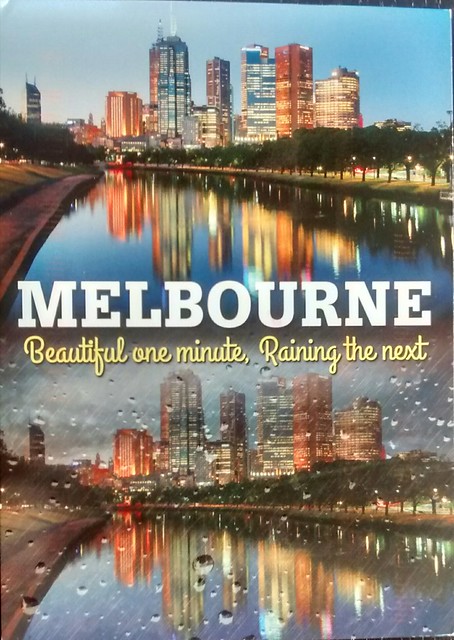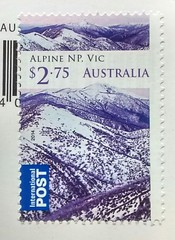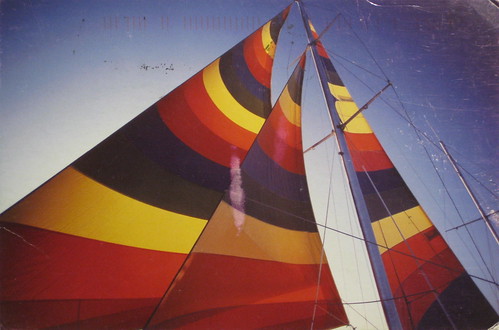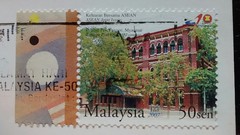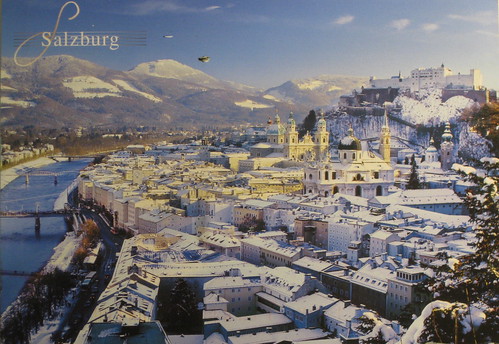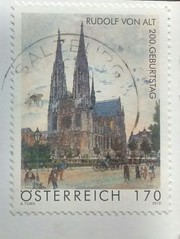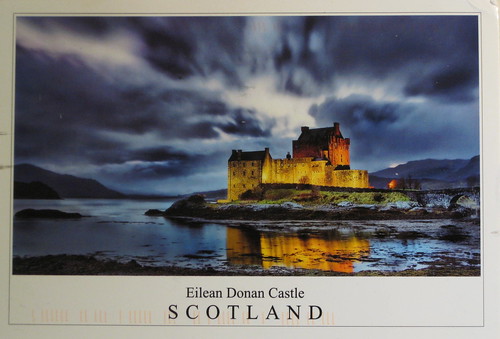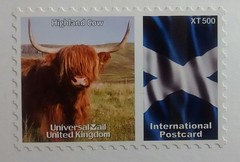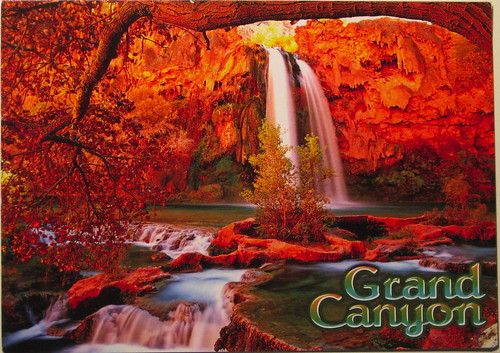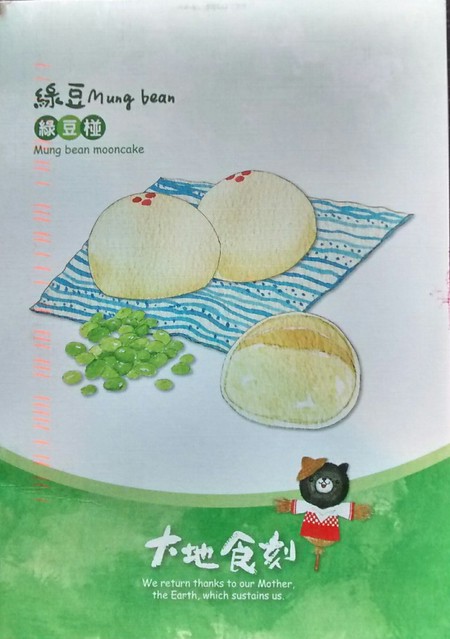After all that time in the city, I was really excited to visit Akan National Park in eastern Hokkaido, which is known for being a great place for hiking, canoeing, and hot springs. Bus service is irregular, so we rented a car in Sapporo and drove across the island. It was about a four hour drive, but it was nice to see all the countryside. I even saw my first kitakitsune (Ezo red fox)!
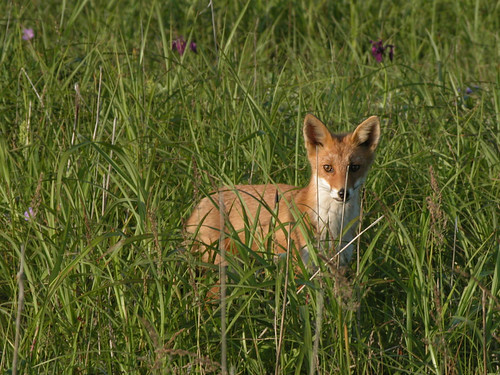
Photo by
tetu
Ezo red fox is a subspecies found almost exclusively in Hokkaido.
Partway through the drive, we stopped for some Genghis Khan, or mutton cooked on a convex metal skillet, supposedly the way the Mongols cooked on their helmets back in the day. The dish is popular in Hokkaido.
This is what ours looked like:
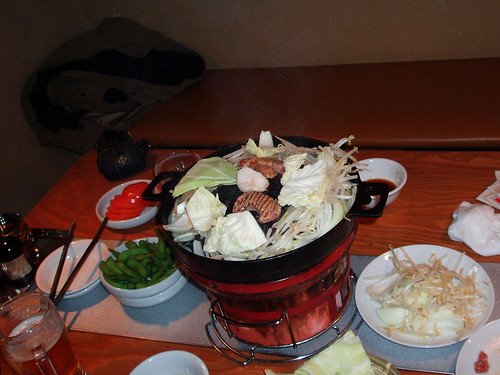
Photo by
Nemo's Great Uncle
We stayed at Lake Akan, where there is a hot spring resort and "Ainu Kotan," a village ("kotan" means "village" in the Ainu language) with a lot of tourist shops selling Ainu folk art and an Ainu museum. The Ainu are the native people of Hokkaido.
That brings me to the (possibly) controversial part of this post, because one of the things they sell in the village is bear carvings. Traditionally, bear carvings were reserved for religious items such as prayer sticks and headdresses. When ethnic Japanese took over Hokkaido in the late 1800s, they declared that the Ainu were Japanese subjects, and outlawed Ainu language and customs, including hunting and fishing, so the Ainu had no way to make a living. The Ainu people who worked for Japanese logging companies were viewed as dogs - less than human. Some Ainu turned to wood carving as a way to survive. They took what had been religious items and sold them as tourist souvenirs. Umetaro Matsui, an Ainu bear hunter, became a well-known carver of wooden bears.
Source:
Old Photos of Japan
Posta Collect, in their description of the bear carving, completely erase the Ainu. According to Posta Collect, the image originated in souvenirs brought to Japan from Europe. They mention Umetaro Matsui, but not that he was Ainu. Shame on you, Posta Collect. This is a stunningly obvious example of the racism faced by the Ainu today.
No wonder this bear looks like he is crying.

Photo by
Sebastian Tauchmann
